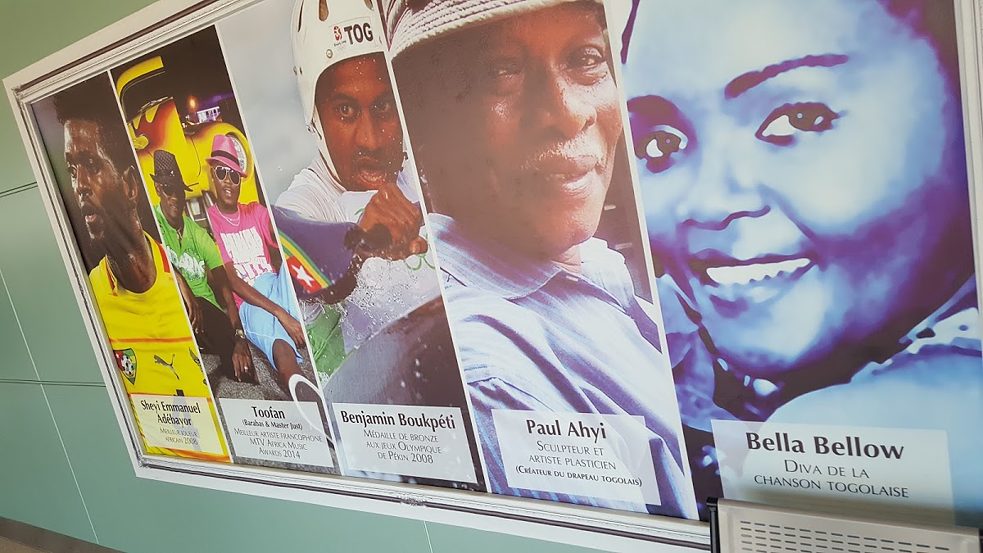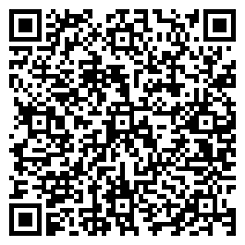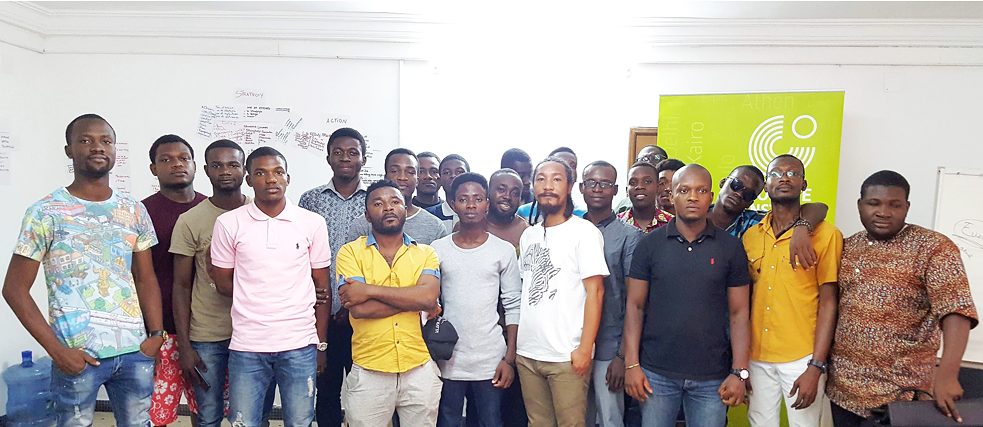Lomé, Togo
Origin – The Rise of Dzitri

© Dagmawi Bedilu
 © Enter Africa
ORIGIN
© Enter Africa
ORIGIN
In the game from Lomé, Edoh takes you on a journey to historic places in the city to revive the spirit of Dzitri. Solve puzzles together with Edoh in different locations and learn facts about facts from Lomé's past in order to fight against oblivion. Scan the QR code with the Enter Africa App and start to play!
Lomé is the capital of Togo. Located on the Atlantic coast of the West African country, it was founded by the Ewe people in the 18th century. The city’s name refers to the word “Alotimé”, which in Ewe means “in the middle of the Alo Plants” - a plant, which is still today known in southern Togo for its healing powers.
Remembering the Past
Like most African countries, Togo experienced a painful history of colonialization in the 19th and 20th century. German colonizers first took hold of Togo and the Volta region, which is now part of neighboring Ghana, in 1884. The country was partitioned after World War I between the British and French up until its independence in April 1960, when the French speaking part became what is now independent Togo. The colonialization period brought with it the exploitation of natural resources, most of all the valuable phosphate. It is not only due to this colonial past that the people of Togo struggle with their cultural history and identity. Togo is also a multicultural and very diverse country. Its 7.8 Million inhabitants have different ethnic backgrounds, for example the Kwa (Ewe and Watchi) as well as the Gur people (Kabyé, Tempa, Mopa, Gurma and Losso), but also Hausa, Fulbe and French. All these groups come together in the capital, which has grown rapidly in the last decades and is now home to almost 2 million people.Today, Lomé is a modern city. Profits from phosphate trade have helped build its port, the University, hotels and office buildings. Throughout this process – that’s the observation of the Enter Africa team in Lomé – knowledge about history has been declining, which is dangerous for a vivid civil and inclusive society.
Origin – the Rise of Dzitri
That is why they developed a game that brings the players closer to Lomé’s history. They introduce you to the legendary figure Dzitri, a respected and popular hunter and king of the past. The story goes like this: to ensure the safety of Lomé’s citizens after his death, Dzitri made a pact with the ancestors to protect the city and its inhabitants. However, with generations passing away, people have slowly forgotten about the spirit of Dzitri. One day, the young Edoh, a descendent of Dzitri, has a dream, in which the old spirit asks him for help and sends him on a journey to restore the knowledge about Togo’s and specifically Lomé’s history amongst its inhabitants and visitors.On this journey, Edoh has to solve different tasks and riddles and travel to culturally and historically relevant locations in the city, such as the Place de l’Indépendence, the National Museum or the Cathédrale Sacre-Coeur de Lomé. Besides, natural parks, for example the Lagune de Bê or the beach play a role. Only by tackling the challenges in the game’s five chapters, Edoh can restore the knowledge of the people about Togo’s history.

